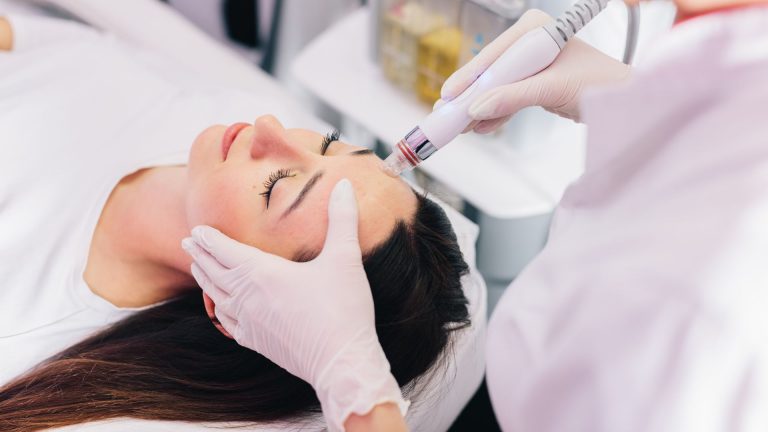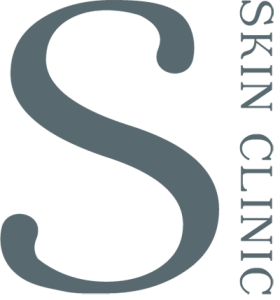Introduction
HydraFacial, a trending facial treatment, has gained immense popularity for its promise to rejuvenate skin and enhance its appearance. We examine the available scientific evidence and provide insights for consumers considering this treatment.
The Science Behind HydraFacial
Lack of Concrete Evidence
Despite its popularity, HydraFacial’s effectiveness in skin rejuvenation is not robustly backed by scientific research. A pivotal 2021 study in Dermatology and Therapy reviewed existing literature on HydraFacial and concluded that evidence supporting its efficacy is limited. The study highlighted the need for more comprehensive, well-designed clinical trials to assess HydraFacial’s long-term safety and efficacy.
Mixed Results from Studies
A 2019 study published in Skin Therapy Letter observed some effectiveness of HydraFacial in reducing fine lines and wrinkles. However, these findings were not statistically significant, and the study’s small scale limits the conclusiveness of these results. This ambiguity underscores the need for further research to establish HydraFacial’s effectiveness conclusively.
Concerns and Considerations
Potential Risks
Some dermatologists express reservations about HydraFacial’s abrasiveness, cautioning that it might cause irritation or inflammation, particularly in sensitive skin types. Furthermore, the use of certain ingredients in HydraFacial products, like glycolic and salicylic acids, can be problematic for sensitive skin.
Implications for Consumers
Making an Informed Decision
Prospective HydraFacial clients should be mindful of the limited scientific evidence validating its efficacy. Consultation with a dermatologist is crucial to understand the potential risks and benefits. It’s essential to remember that HydraFacial is a cosmetic procedure, not covered by insurance.
Tips for HydraFacial Consideration
- Consult a Dermatologist: Discuss the risks and benefits of HydraFacial with a skin expert.
- Understand the Evidence: Acknowledge the current lack of substantial scientific support for HydraFacial’s effectiveness.
- Explore Alternatives: Inquire about other skin rejuvenation treatments like chemical peels, laser skin resurfacing, and microneedling.
- Select a Qualified Professional: Opt for a reputable dermatologist or aesthetician with HydraFacial experience.
- Follow Care Instructions: Adhere to pre- and post-treatment guidelines as advised by your dermatologist.
Conclusion
While HydraFacial is a widely sought-after treatment acclaimed for skin rejuvenation, the scientific
community’s consensus leans towards skepticism due to the lack of sufficient evidence. The studies conducted so far provide mixed results, with some showing minor benefits and others indicating a need for more research.
As a consumer, it’s essential to weigh these factors and consult with a dermatologist to make an informed decision. Considering alternative treatments may also be prudent, especially for those with sensitive skin or specific dermatological needs. Ultimately, while HydraFacial might offer some benefits, it’s crucial to approach it with realistic expectations and a clear understanding of its potential limitations and risks.
Remember, when it comes to skin care and rejuvenation, what works for one person may not work for another. It’s all about finding the right treatment that suits your unique skin type and concerns, with a healthy dose of skepticism and a demand for scientific backing.
Stay informed, consult professionals, and choose wisely!



